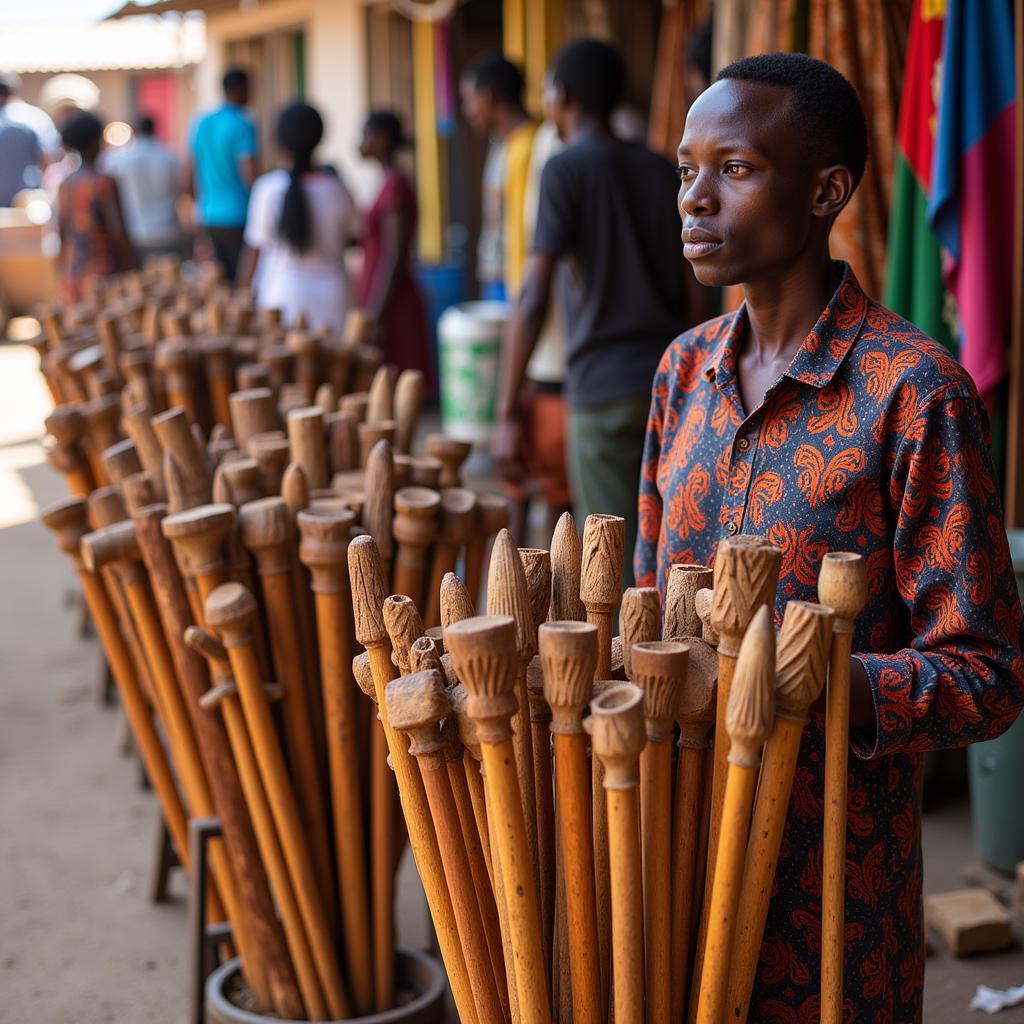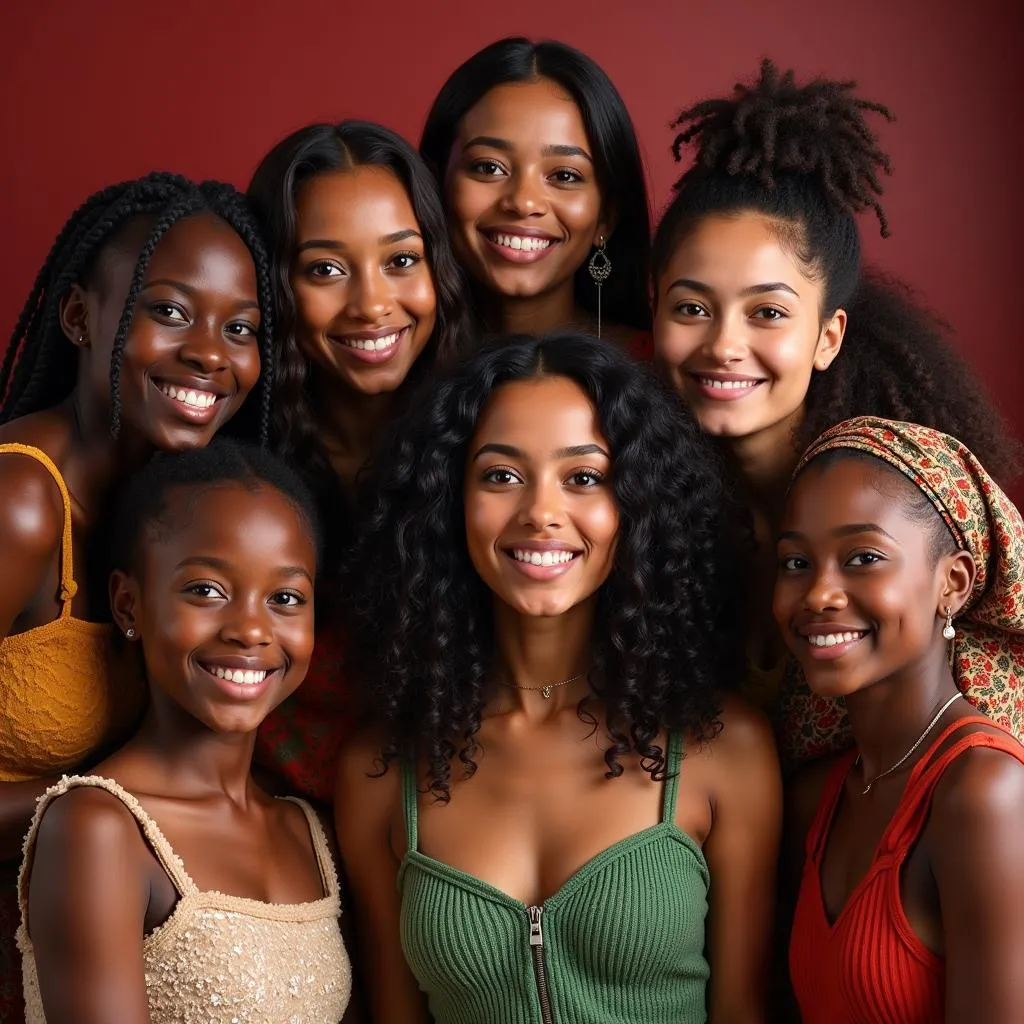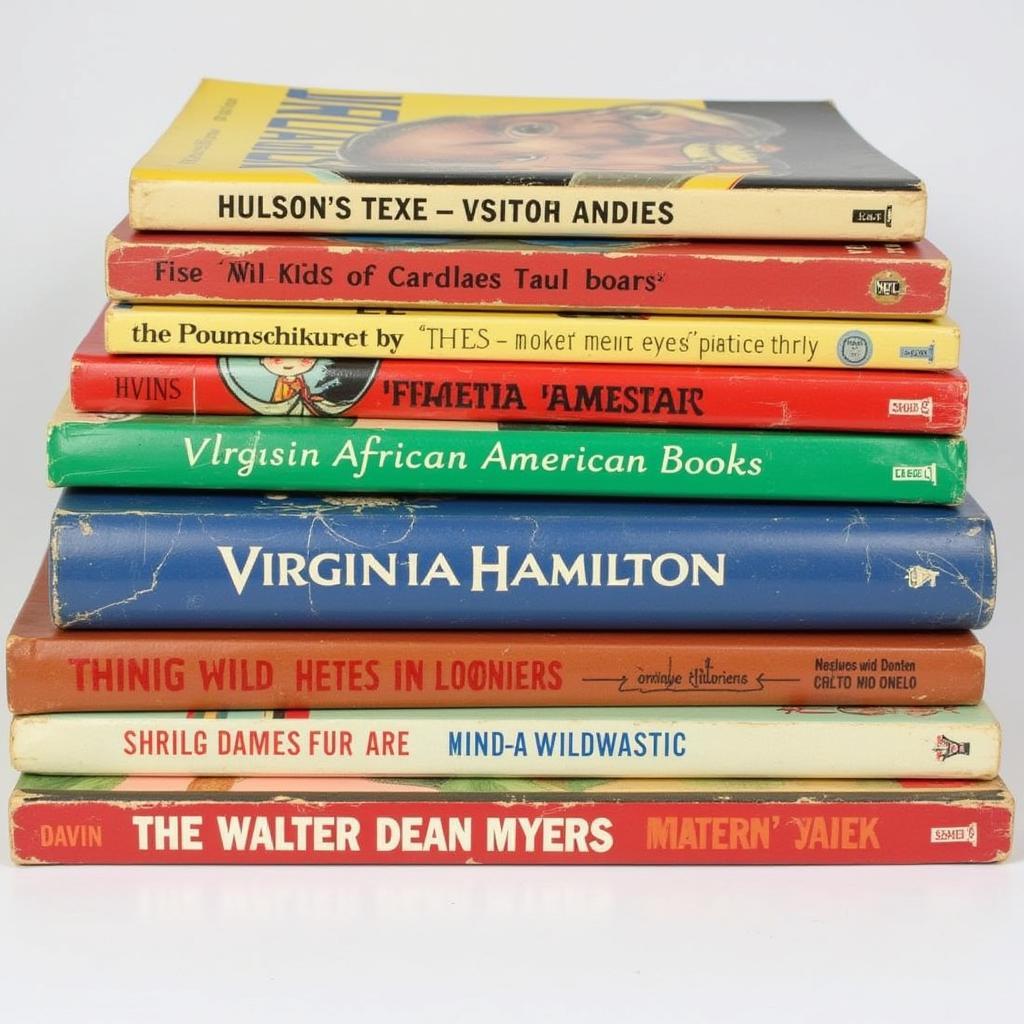Exploring the Literary Landscape: African American Female Novelists
African American Female Novelists have indelibly shaped the literary world, crafting narratives that explore the complexities of identity, race, gender, and the human condition. Their powerful stories offer unique perspectives, challenging societal norms and amplifying often marginalized voices. From the poignant explorations of slavery and its aftermath to contemporary examinations of intersectionality and resilience, these authors have enriched our understanding of the world.
Pioneering Voices and Literary Legacies: Celebrating African American Female Novelists
The contributions of African American female novelists are vast and varied, spanning genres and generations. Their works serve as a testament to the enduring power of storytelling and its ability to foster empathy, understanding, and social change. Examining these authors and their contributions provides a richer understanding of American literature and the broader cultural landscape.
Early Trailblazers: Paving the Way for Future Generations of African American Female Novelists
The journey of African American female novelists began with remarkable pioneers like Frances Ellen Watkins Harper, whose 1892 novel Iola Leroy is considered one of the earliest examples of African American science fiction. Harper’s work laid the groundwork for future writers, exploring themes of racial uplift and social justice. Following in her footsteps, Pauline Hopkins’s Contending Forces (1900) grappled with the ongoing legacy of slavery and racial prejudice, highlighting the importance of collective action and resistance. These early works carved a space for Black women’s voices within a literary landscape dominated by white male perspectives.
The Harlem Renaissance and the Rise of New Voices
The Harlem Renaissance, a period of flourishing artistic and intellectual expression in the 1920s, saw the emergence of a new wave of African American female novelists. Zora Neale Hurston, with her vibrant portrayal of Black Southern life in Their Eyes Were Watching God (1937), became a pivotal figure. Nella Larsen, in novels like Passing (1929) and Quicksand (1928), explored the complexities of racial identity and the challenges faced by biracial individuals in a society obsessed with categorization. These authors challenged prevailing stereotypes, offering nuanced and authentic portrayals of Black life and womanhood.
What were some common themes explored during the Harlem Renaissance? Themes of identity, racial pride, and the struggle for equality were central to the literature of this era.
Mid-Century Voices and the Civil Rights Movement
The mid-20th century brought forth another generation of powerful voices, including Gwendolyn Brooks, whose Pulitzer Prize-winning novel Maud Martha (1953) offered a poignant glimpse into the everyday life of a Black woman in Chicago. Ann Petry’s The Street (1946) explored the harsh realities of urban poverty and racism faced by Black families in post-war America. These works played a significant role in shaping public discourse and contributing to the growing momentum of the Civil Rights Movement.
Contemporary Voices and Expanding Horizons
Contemporary African American female novelists continue to push boundaries and explore new literary territories. Toni Morrison, awarded the Nobel Prize in Literature, captivated readers with her lyrical prose and powerful exploration of the Black experience in novels like Beloved (1987) and Song of Solomon (1977). Alice Walker’s The Color Purple (1982) became a cultural phenomenon, addressing themes of racism, sexism, and the resilience of the human spirit. Chimamanda Ngozi Adichie, with her insightful novels like Americanah (2013) and Half of a Yellow Sun (2006), offers a global perspective on issues of identity, race, and colonialism. Jesmyn Ward, a two-time National Book Award winner, explores the impact of racism and poverty in contemporary America through her poignant and powerful novels.
Who are some prominent contemporary African American female novelists? Jesmyn Ward, Chimamanda Ngozi Adichie, and Tayari Jones are just a few of the many talented writers contributing to the ongoing literary conversation.
Conclusion: The Enduring Power of African American Female Novelists
African American female novelists have profoundly impacted the literary landscape, offering invaluable insights into the Black experience and challenging societal norms. From the pioneering works of Frances Ellen Watkins Harper to the contemporary voices of Jesmyn Ward and Chimamanda Ngozi Adichie, these authors have enriched our understanding of the world. Their stories continue to resonate with readers, inspiring dialogue and driving social change.
FAQ
- What is the significance of the Harlem Renaissance for African American female writers?
- Who are some key figures in the history of African American female literature?
- How have African American female novelists addressed themes of race and gender in their work?
- What are some contemporary works by African American female novelists that are worth reading?
- Where can I find more resources about African American female literature?
- How has the publishing industry impacted the visibility of African American female novelists?
- What are some common themes explored by African American female novelists?
Need More Help?
Have other questions about African Life or related topics? Check out our articles on [Suggested Link 1] and [Suggested Link 2].
Contact Us
When you need support please contact Phone Number: +255768904061, Email: kaka.mag@gmail.com Or visit: Mbarali DC Mawindi, Kangaga, Tanzania. We have a 24/7 customer service team.




